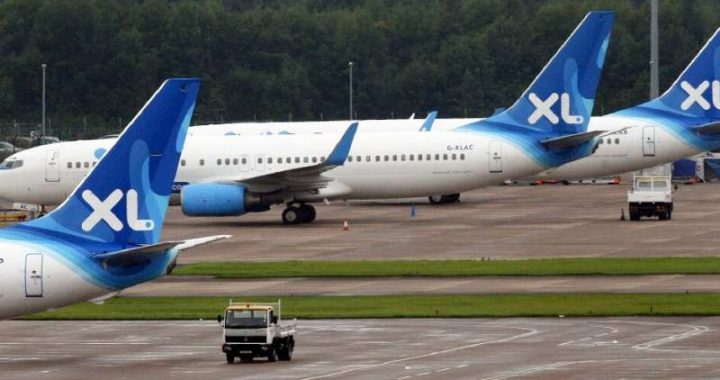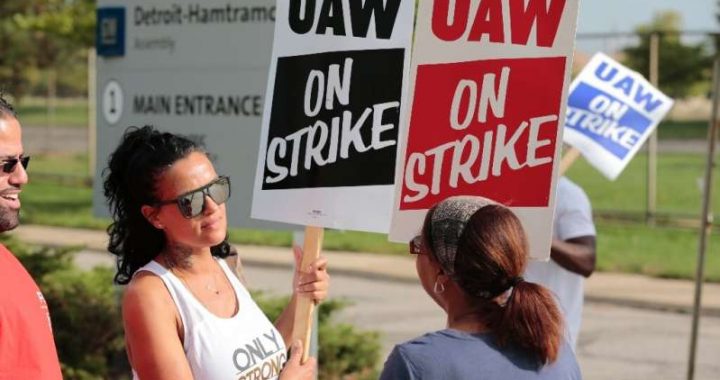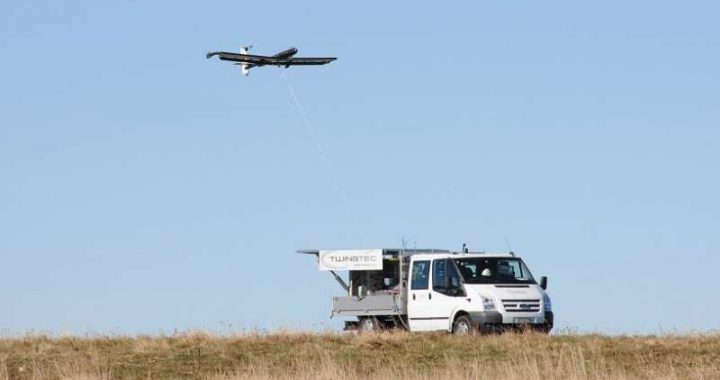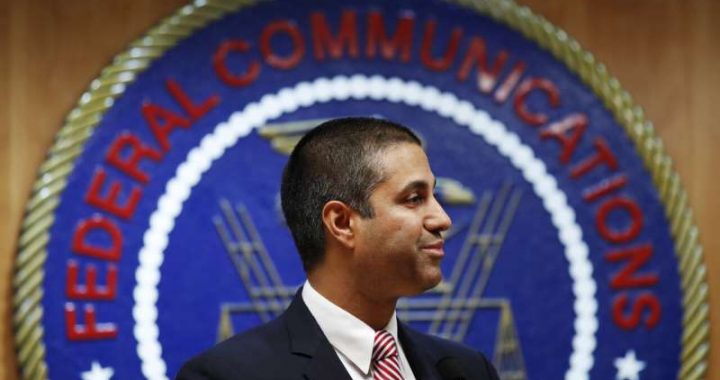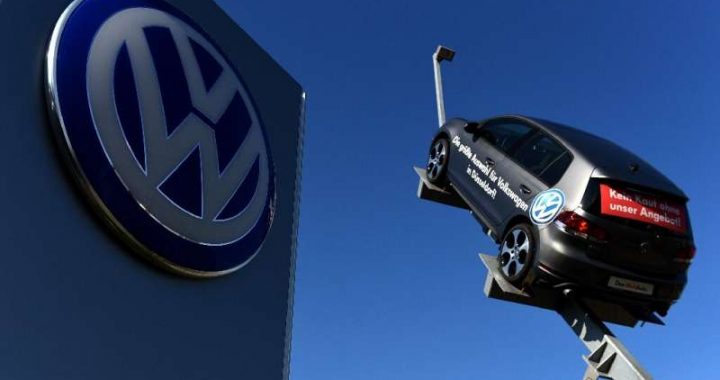Boeing still eyes 737 MAX return in 4Q: Boeing spokesman
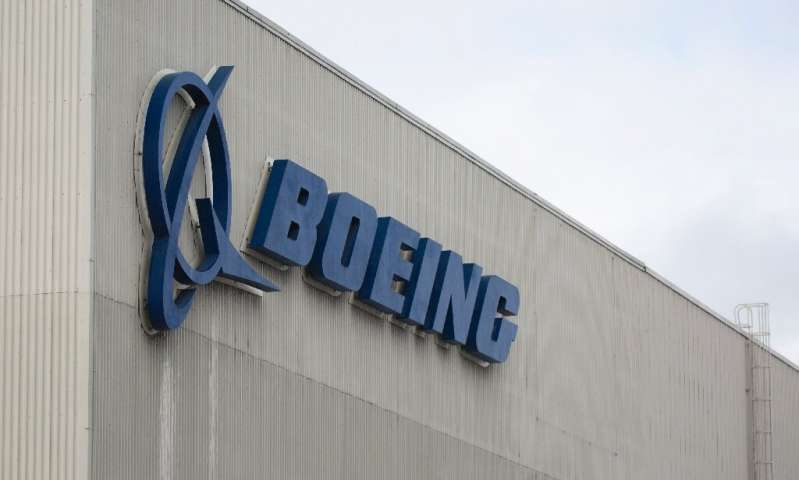
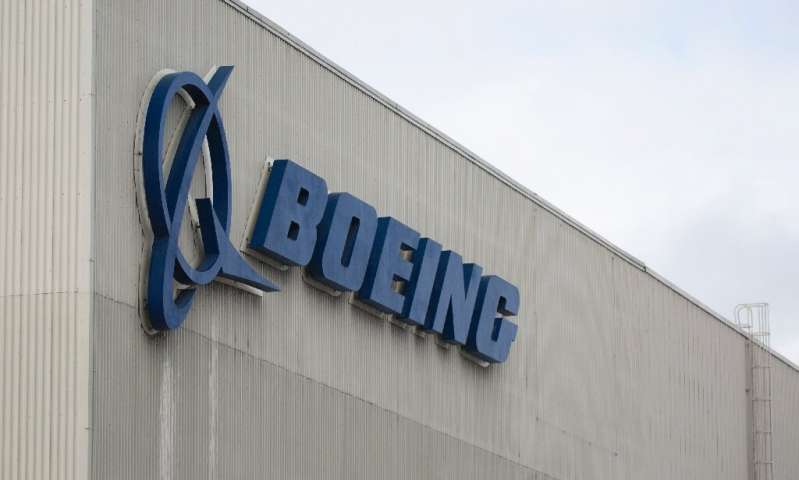
Boeing continues to target the fourth quarter for regulatory approval to return the 737 MAX to service after two deadly crashes, a spokesman said Tuesday.
The company last week organized simulator tests for pilots from leading US carriers on new systems upgraded after two deadly MAX crashes. Boeing’s changes received positive feedback, according to people familiar with the matter, boosting Boeing’s hopes of meeting its target date.
“While the decision is up to the regulators, we continue to work towards return to service of the MAX in the fourth quarter of this year,” Boeing spokesman Gordon Johndroe told AFP.
A spokesman for the Federal Aviation Administration said Boeing has still not submitted its final software for certification, a key event before an FAA flight test is scheduled.
“We still have not set a timeframe for the return to flight,” the FAA spokesman said.
Last week’s tests took place in Miami and involved pilots from American Airlines, Southwest Airlines and United Airlines of Boeing’s upgrades to the Maneuvering Characteristics Augmentation System, a flight handling system that has been tied to crashes of Lion Air and Ethiopian Airlines flights that together claimed 346 lives.
In both crashes, pilots had difficulty controlling the plane once the MCAS was activated based on erroneous signal readings, according to preliminary investigations.
Among Boeing’s changes, the new MCAS system will take readings from two sensors instead of one and will not point full nose down as the old system did.
Poorly trained inspectors
The timeframe for returning the 737 MAX to service has been repeatedly pushed back since the plane was first grounded in mid-March following the second crash.
Southwest told AFP on Tuesday that Boeing had also hosted management and pilots last week in Miami for an update.
“Now we continue to await further guidance from Boeing and the FAA on next steps regarding the MAX,” the spokesperson said.
Last week the head of the Federal Aviation Administration said that decisions to unground the plane would be up to each country, a sign of the lack of consensus among regulators over how to proceed.
Boeing Chief Executive Dennis Muilenburg said one possibility was a “phased ungrounding” of the jets, as regulators in Europe appear unlikely to move as quickly as the FAA.
Muilenburg is scheduled to appear Wednesday at the Economic Club of New York.
Boeing’s expression of confidence in its timeframe comes despite recent reports questioning both Boeing and the FAA.
A report last week from the National Transportation Safety Board said Boeing and the FAA misjudged how pilots would respond to multiple alerts and alarms as they encountered trouble when flying the 737 MAX. It called for the FAA to adopt a more realistic view of how pilots react under such scenarios as they certify planes.
Also last week, the US Office of Special Counsel, which enforces laws to protect US whistleblowers, said FAA had misrepresented the training of its MAX inspectors in correspondence with Congress.
The office concluded that 16 of 22 FAA safety inspectors lacked proper training to assess pilot training on the Boeing 737 MAX and other planes.


